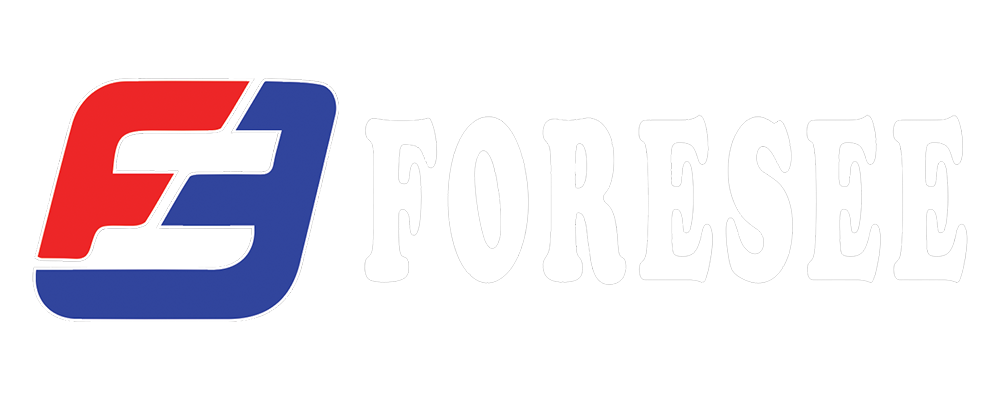Hose couplings are an essential part of any hose assembly, connecting hoses to other hoses or to equipment. Couplings can be made from a variety of materials, each with its own unique properties and characteristics. In this summary, we will compare the pros and cons of five common materials used for hose couplings: aluminum, brass, stainless steel, polypropylene, and nylon.
Aluminum couplings are a popular choice for their lightweight and corrosion-resistant properties. They are commonly used in firefighting, irrigation, and industrial applications. Pros of aluminum couplings include their affordability, high strength-to-weight ratio, and ease of use. However, aluminum couplings are not as durable as other materials and can corrode over time, especially when exposed to saltwater or harsh chemicals.
Brass couplings are another popular choice for their durability and resistance to corrosion. They are commonly used in firefighting, agriculture, and marine applications. Pros of brass couplings include their strength, durability, and resistance to corrosion. However, brass couplings are more expensive than other materials and can tarnish over time, affecting their appearance.
Stainless steel couplings are known for their strength, durability, and resistance to corrosion. They are commonly used in food processing, chemical, and marine applications. Pros of stainless steel couplings include their high level of strength and durability, resistance to corrosion, and long lifespan. However, stainless steel couplings are more expensive than other materials and can be difficult to work with due to their hardness.
Polypropylene couplings are a cost-effective and lightweight option for a variety of applications, including agriculture, chemical, and water treatment. Pros of polypropylene couplings include their affordability, chemical resistance, and ease of use. However, polypropylene couplings are not as strong or durable as other materials and can be prone to cracking or breaking under stress.
Nylon couplings are another lightweight and affordable option for a variety of applications, including agriculture, marine, and industrial applications. Pros of nylon couplings include their affordability, chemical resistance, and ease of use. However, nylon couplings are not as strong or durable as other materials and can be prone to warping or melting when exposed to high temperatures.
In conclusion, choosing the right material for hose couplings depends on the specific requirements of the application, including the level of strength, durability, resistance to corrosion, and chemical resistance needed. Aluminum and polypropylene couplings are the most affordable options, while brass and stainless steel couplings offer greater strength and durability at a higher cost. Nylon couplings are a lightweight and affordable option, but may not be as durable as other materials. It is important to carefully consider the pros and cons of each material when selecting the appropriate hose coupling for a given application.

Recent post